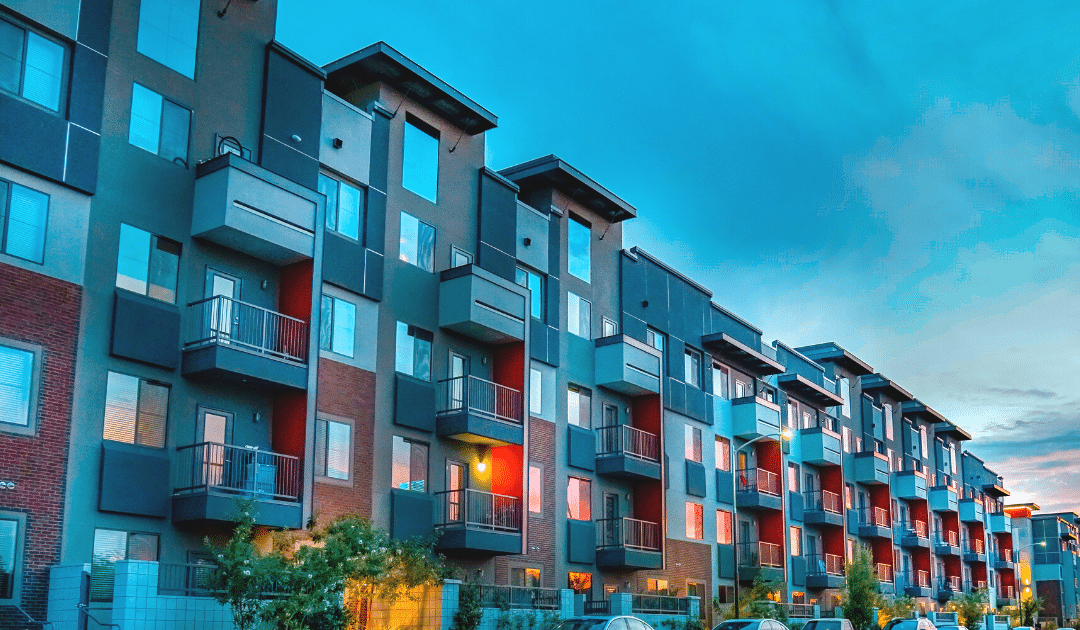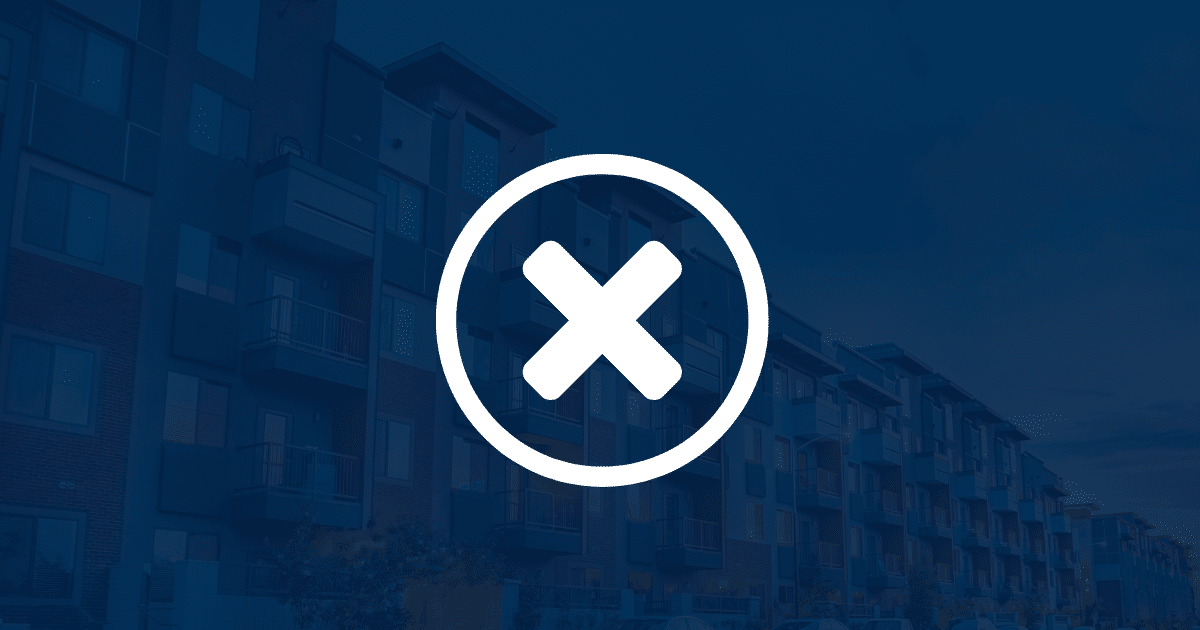Millions of Americans choose to rent over buying homes and apartments each year, and there are a ton of advantages. For instance, if a window starts leaking or the stove dies, you don’t have to pay for repairs or replacements. You have the flexibility to move when you want (subject to your lease), “try out” new cities, and avoid the big costs that go along with mortgage loans and homeownership.
To be a good tenant and start your rental out on the right foot, here are some important renter do’s and don’ts.
Do’s
Understand your lease – Make sure you and your landlord review the lease together and that you ask any questions you have. For example, does the lease allow subletters? What’s the duration and does it change after the first year?
Write an inventory – Make sure to document and log all existing damage or broken/non-functional items before you officially move in. Take photos and indicate any damage on a floor layout/ diagram. You don’t want to be on the hook for these repairs when you move out.
Understand your responsibilities – As the tenant, you may be required to do things like shovel the walk, keep the lawn mowed or hire a pool service.
Document problems – If there are ongoing issues or needed repairs, make sure you write down what happened, take pictures, etc. Alert your landlord to issues right away so they can take action. Keep a paper trail and keep it all in one place.
Keep it clean – Neglecting to bring the garbage bins in from the sidewalk or to keep the yard clean or tidy can quickly create an enticing environment for pests and rodents.
Check-in with your landlord – For minor repairs or maintenance, such as unclogging drains or replacing caulk or window screens, it’s best to check in with your landlord about how they want to address it (even if you’d like to just take care of it yourself). if you are unsure of anything or have questions regarding the property, like painting rooms or changing landscaping, reach out to your landlord.
Give them a heads up – On things like leaks, structural or foundation issues, and pest problems, alert your landlord as soon as possible so they can act on a problem that could get worse quickly or cause costly damage.
Protect your deposit – Besides treating your place well while you live there, when you move out, do a quality deep clean and don’t leave furniture or anything else behind that they’ll need to deal with.
Be a good communicator (and neighbor) – Good communications can prevent or de-escalate miscommunications and disagreements with your landlord as well as neighbors.
Know your rights – It’s important to know your rights as a tenant. They vary by state and city, so go here to learn more.
Get renters insurance – Renters insurance protects your belongings from theft and damage (nope, your landlord’s insurance won’t cover your things). It’s surprisingly affordable – get a quote today.
Don’ts
Hide a pet – If your lease specifies no pets, stick to the agreement (hiding a pet won’t work over the long term). Also make sure to adhere to animal weight limits, which are often established to allow only cats and small dogs in an apartment complex. Consequences for breaking these rules can include a hefty fine or even lease dismissal.
Undertake big renovations – We all want to make our homes more home-y, but complex projects such as adding ceiling fans or replacing cabinetry should only be undertaken by the property owner.
Fall behind on the bills – Depending on your lease agreement, you may end up being responsible for bills such as utilities, water, garbage, recycling, gardener, pest control or pool maintenance. Keeping those accounts current will ensure smooth maintenance as well as strengthen your credit.
Create a mildew problem – One of landlords’ most frequent complaints is about tenants not keeping moisture levels in check. To prevent mold and mildew formation, make sure to use vents and fans in bathrooms during (and after) every shower.
Cause damage – Treating your rental with care and respect will mean lessening the chances of inflicting damage such as stained carpets, scratches in hardwood, broken windows or fixtures, large holes in the walls, and water damage from plants. It will also ensure you get more (if not all) of your security deposit back. If accidental damage does occur (we’re only human, after all), make your landlord aware of it ASAP.
Landlords choose their tenants very carefully – especially those with nice properties. By taking care of your rental home and maintaining a good relationship with your landlord, you will set yourself apart as a responsible tenant. This will positively affect your credit score, help you get your whole security deposit back, and ensure you have a good reference for that next great rental.
This article is furnished by California Casualty, providing auto and home insurance to educators, law enforcement officers, firefighters, and nurses. Get a quote at 1.866.704.8614 or www.calcas.com.
- Graduation – When to Remove Your Child from Your Auto Policy - May 18, 2023
- How to Prevent Catalytic Converter Theft - May 17, 2023
- How Much Does Home Insurance Cost? - May 17, 2023



